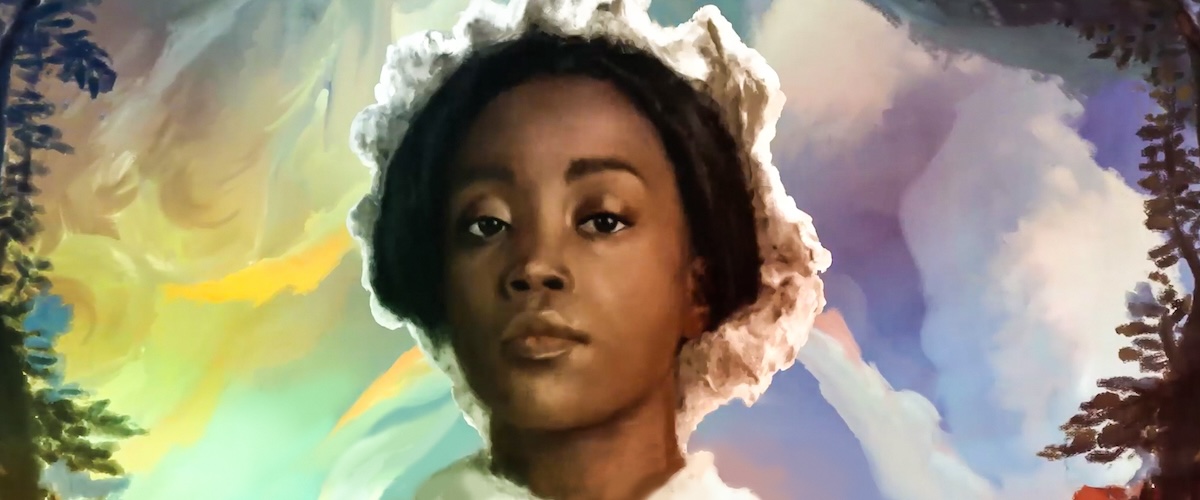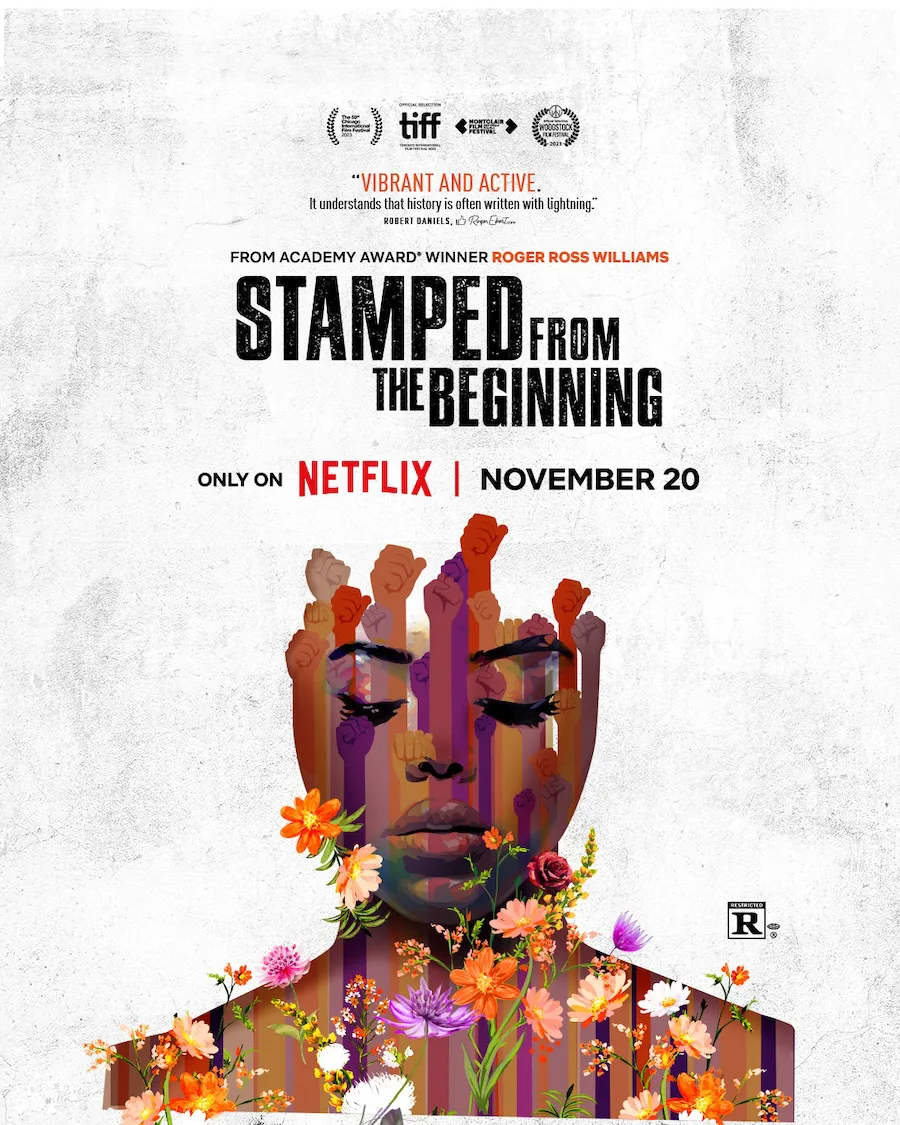The description of Roger Ross Williams’ “Stamped from the Beginning” might make it sound like a stuffy history lesson. After all, how on Earth could a film chronicle the history of racism and the ripple effect of slavery in a single run time in a way that won’t just be information overload? To avoid this “filmed lecture” potential, Williams approaches his subject with righteous fury and deep intelligence, using animation, archival imagery, interviews, needle drops, and high-speed editing to fashion more of a vibrant shout than a traditional conversation starter. He has made a film that can sometimes feel disjointed in how quickly it jumps from point to point and through history, but that chaos is intentional, designed to drive a message home with the force of a blow. Even if there were times when I wanted “Stamped from the Beginning” to ruminate over an idea longer or unpack some of the cultural impact of what it’s interrogating, the force of this creative passion remains powerful enough. “Stamped from the Beginning” drives home Williams’ point that racism is so deeply embedded in our culture and society and that it takes this kind of fury to talk about it adequately.
“Black inferiority is the will of God.” That’s how then-Senator Jefferson Davis defended the concept of slavery in 1860, and essentially where Williams opens his adaptation of the book by Dr. Ibram X. Kendi. The organizing structure of “Stamped from the Beginning” is to connect modern issues of racial inequity to things that were born in slavery, to men who agreed with that proclamation that Black people were lesser and found ways to reinforce it in every aspect of society. Using interviews and archival footage, “Stamped from the Beginning” reveals how much that deigned inferiority has been reestablished in things like over-criminalization, hyper-sexualization, and blatant falsehoods. Williams has assembled a relatively small but effective collection of geniuses, men and mostly women like Angela Davis, Lynae Vanee, and Dr. Racquel Gates, who can eloquently connect the treatment of slaves in the 19th century with the issues of today. Again, it can be overwhelming in its non-stop structure—that’s the point.
“Stamped from the Beginning” starts with the history of slavery and the very definition of Blackness, working its way through the hyper-sexualization of Black women to justify violent male behavior and the criminalization of Black men to justify the historical shame of lynching. If Black men are portrayed as vicious predators, racism becomes virtuous, a way to protect the community. Williams and his team could spin an entire film out of a section on the false allyship of abolitionists—Lincoln fans, be warned—and how it ties directly into the white savior trope in modern cinema, even including clips from films like “The Blind Side,” “The Help,” and “Green Book” as it argues they are companions to racism. These films cement the idea that the salvation of Black people must rest in members of a supposedly superior race.
Williams clearly sparked great conversations with his interview subjects, people willing to connect the dots through history from slavery to today. And he interestingly refuses to play partisan games, including clips of politicians from all parties that emphasize the points made by his interview subjects. In doing so, Williams amplifies how the most important thing to do now is to listen to the people in this film. Listening feels like it’s in increasingly short supply in this divided era wherein parts of our history are barred from educational institutions in parts of the country. No wonder “Stamped from the Beginning” needs to be so loud.
In limited theatrical release today. On Netflix on November 20th.




















